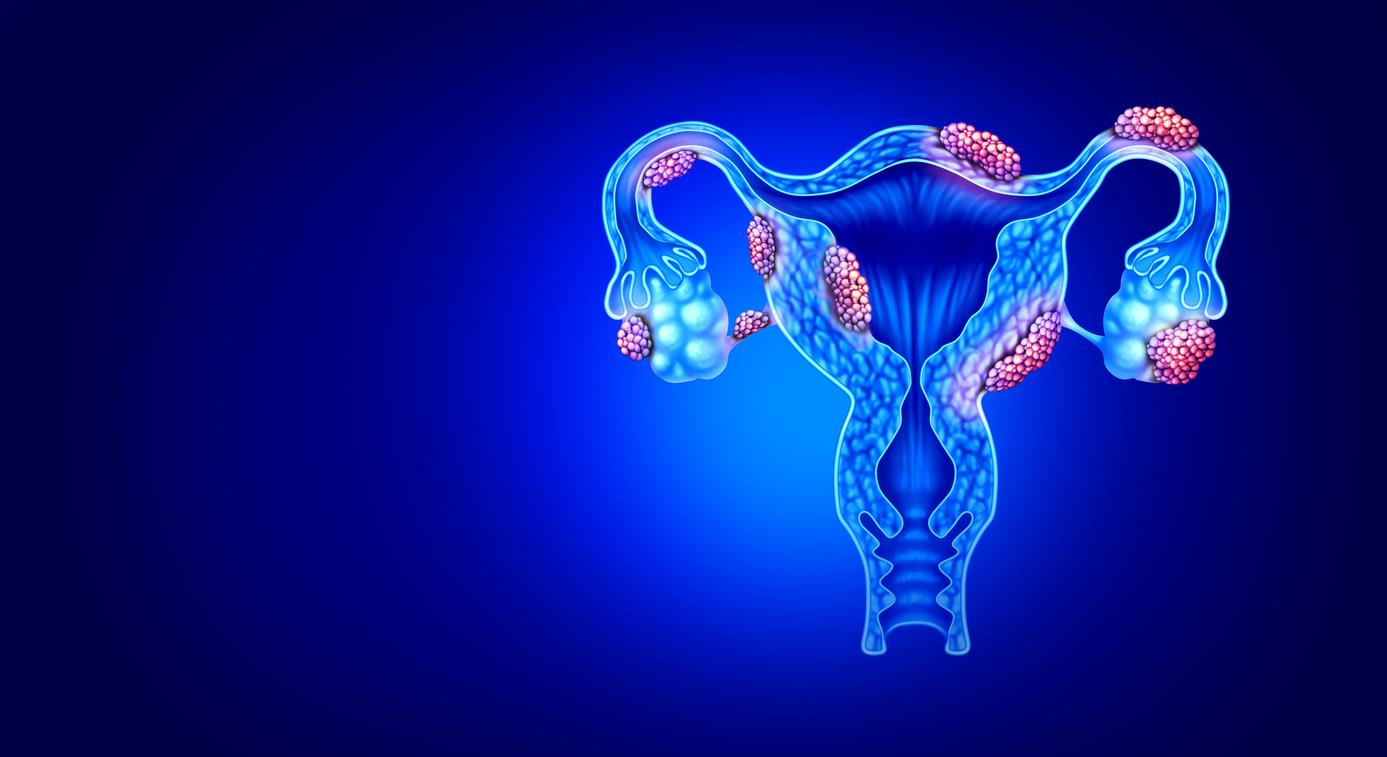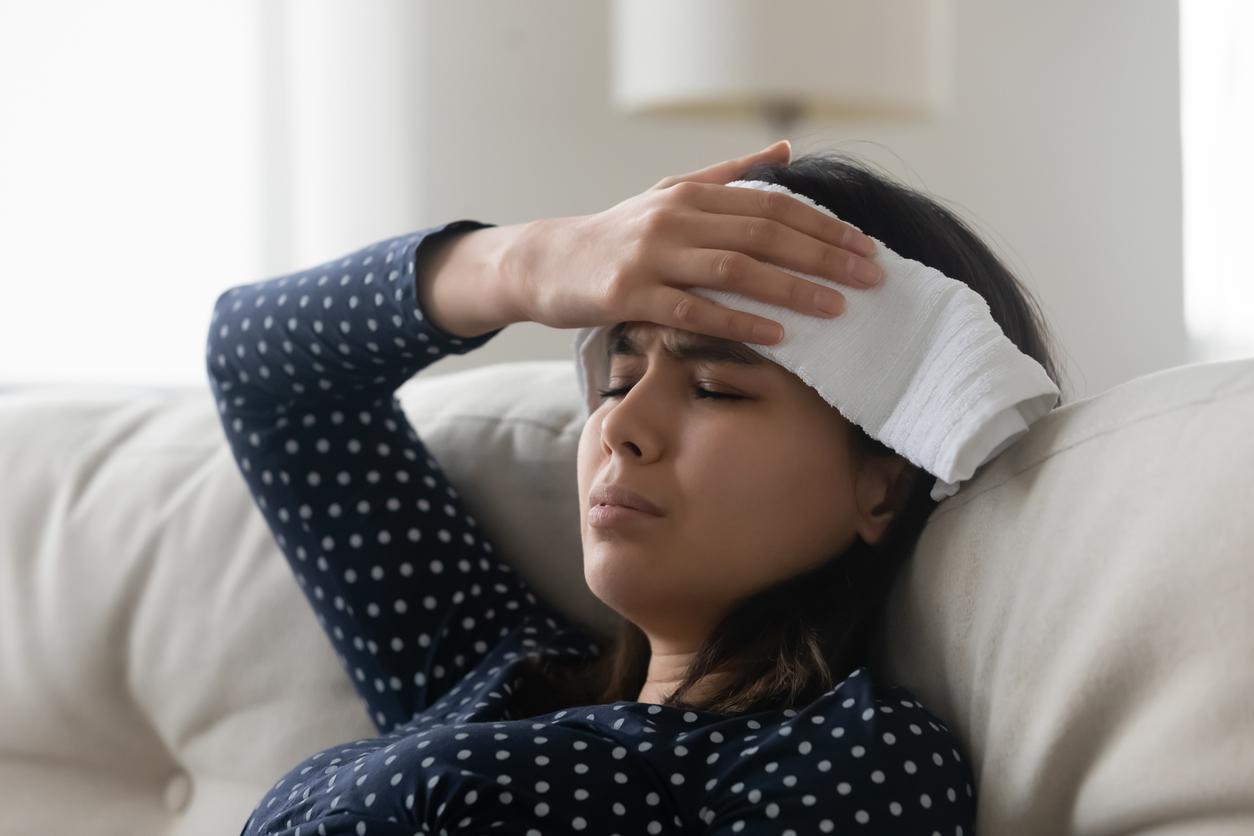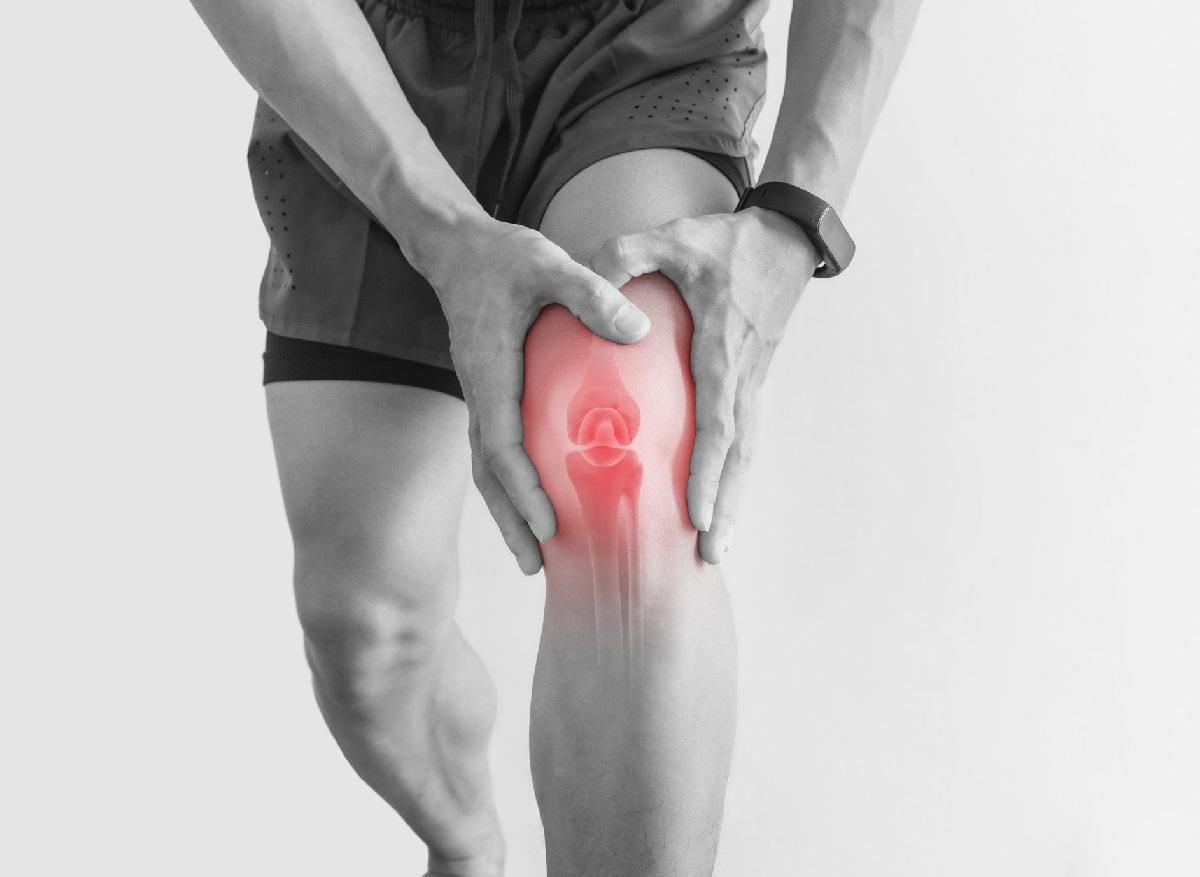While in Annœullin, south of Lille, traders have been selling therapeutic cannabis for a few weeks, the Minister of Health Agnès Buzyn announced yesterday Thursday May 24 that therapeutic cannabis “could arrive in France”. But what are its health benefits? Update on current research.

In Annœullin, south of Lille, traders have been selling therapeutic cannabis for several weeks. The marijuana-based products they offer (herbal teas, vaping liquids or oils) have no psychotropic effect. They do not contain THC, the molecule that makes cannabis into a drug. “Our products have no psychoactive effect and there is no addiction. On the other hand, CBD, or cannabidiol, has very beneficial effects on pathologies such as osteoarthritis”, explains Eloïse Masselot to the Parisian. In fact, his shop is always full.
Research update
While the Minister of Health has announced that therapeutic cannabis “could arrive in France”, let’s take stock of the research in this area. A recent study published in The European Journal of Internal Medicine demonstrated that therapeutic cannabis would indeed be effective in treating pain in the elderly. 901 patients over 65 years of age participated in this research. All suffered from pain related to cancer, Parkinson’s disease, post-traumatic stress, ulcerative colitis (inflammatory bowel disease), or Crohn’s disease.
Finally a first step …. Ms. Buzyn The French Minister of Health declares herself in favor of cannabis and cannabinoids in medicine … to see if she will give herself the means to … https://t.co/4YCVfQvUad
– Sebastien Beguerie (@ alphacat_420) May 24, 2018
After six months of treatment with medical cannabis, over 93% of participants said their pain had decreased by 4 to 8 points on a scale of 1 to 10. Over 70% of patients said they felt an overall improvement in their condition.
Scientific data is lacking
Apart from this study, scientific data is lacking. In the United States, where the use of therapeutic cannabis is authorized in certain states, nearly half of oncologists tell their patients about the use of medicinal marijuana to their patients without being sufficiently informed on the subject, according to a new study published in the Journal of Clinical Oncology. 80% of oncologists surveyed said they had already discussed the issue of medical cannabis with their patients, but less than 30% felt they had enough scientific data to make such recommendations.
“The scientific evidence supporting the use of medical marijuana in oncology is still very thin, which puts physicians in a very uncomfortable position,” said Dr Ilana Braun of the Dana-Farber Institute of Adult Psychosocial Oncology. So far, no randomized clinical trials have looked at the effects of medical marijuana in cancer patients, other than its effects on nausea, so oncologists only rely on research on the use of cannabis for medical purposes in the treatment of diseases other than cancer.
Start the debate
On the strength of her information, the Minister of Health Agnès Buzyn estimated that “France has fallen behind in research on medical cannabis. There is no reason to exclude cannabis to treat these pains. It could be arrive in France “, Thursday May 24 on France Inter.
She said she had started “the debate” with the institutions responsible for drug development. “I asked the various institutions that assess drugs to give me the state of knowledge on the subject, because there is no reason to exclude, on the pretext that it is cannabis, a molecule which can be of interest for the treatment of certain very debilitating pains, ”she explained. And to continue: “I cannot tell you how quickly we are going to develop it, but in any case, I am opening the debate with the institutions responsible for this development”.
The “unethical” nature of the prohibition of cannabis in a therapeutic context
In fact, the Minister of Health is only formalizing a debate already open within France. This announcement comes after a recent referral from a patient on the “unethical” nature of the ban on cannabis in a therapeutic context. The Ethics and Cancer Committee should also soon examine this question. Currently in France, only one cannabinoid drug has a marketing authorization: Sativex, recommended against spasticity and multiple sclerosis.
Dronabinol and cannabidiol, used for patients with neuropathic pain refractory to conventional treatments or epilepsy, are available, but only with a temporary authorization by name (procedure allowing certain patients to be made available to a medicinal product without marketing authorization and not subject to a clinical trial in this indication).
.

















